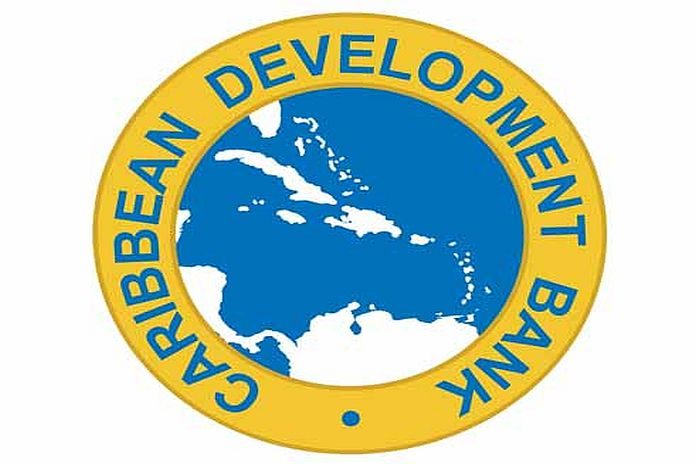By Caribbean News Global contributor
BRIDGETOWN, Barbados – The Caribbean Development Bank (CDB) has prioritised improving disbursements to Borrowing Member Countries (BMCs) towards implementing critical projects and programmes funded by the bank, noting that disbursements rose eight percent in 2019, disclosed by the director of the projects department Daniel Best on Tuesday.
The bank disbursed USD$305 million in 2019 and makes the case for improving employment opportunities and the quality of life for Caribbean citizens.
Approved projects funding
Speaking at the bank’s annual news conference in Wildey, Barbados, Best emphasised the work the bank has done to ensure approved project funding can be accessed efficiently.
“Development does not happen without implementation; and the eight percent increase in disbursements over 2018, is again the result of our renewed emphasis on supervision and providing much needed technical support to our BMCs to implement projects approved,” he stated.
Several major projects funded by the bank were completed or under implementation in 2019; highlights include:
- The construction of four schools serving over 1,200 students in rural Haiti;
- Expansion of an early flood warning system in Jamaica’s Rio Cobre area and;
- Installation of over 200,000 energy-efficient LED streetlights in Antigua and Barbuda, The Bahamas, Jamaica, St Vincent and the Grenadines, Suriname, and St Kitts and Nevis.
In 2019, the bank gave the green light for funding several major projects, including USD $ 29.8 million to Barbados to rehabilitate its South Coast sewage system and USD $6.8 million to Belize to connect the island of Caye Caulker to the mainland electric grid. The bank also approved a USD$10 million line of credit mainly for small business financing in Trinidad and Tobago.
Looking ahead to 2020, Best signalled a major focus on building climate-resilient infrastructure, stating that major road and bridge infrastructure projects were programmed for Saint Lucia, Belize, Dominica, and Guyana.
A USD$10 million technical and vocational education and training project along with a USD$7.5 million renewable energy project is also planned for Haiti.
Inclusiveness and resilience
“The Caribbean Development Bank underscores the need to build inclusive and resilient economies, to improve employment opportunities and quality of life for Caribbean citizens. Such economies are characterised by sound macroeconomic management, environmental preparedness, human development, productivity, and competitiveness,” said CDB director of economics, Dr Justin Ram at the bank’s annual news conference.
Reviewing the assistance CDB provided to help countries build resilient economies, the director highlighted two operations in The Bahamas and Barbados.
In the aftermath of hurricane Dorian, CDB approved a USD$50 million policy-based loan for the Bahamas. “Our intervention will help fund the recovery while keeping necessary reforms on track,” Dr Ram added. “CDB continued to support the Barbados economic recovery and transformation by providing a second USD$75 million policy-based loan to strengthen public finances and improve the business environment. The loan will help protect the most vulnerable in society, by helping strengthen social protection systems and by improving capacity within relevant ministries,” he said.
The bank is assisting Borrowing Member Countries (BMCs) to improve service delivery and implementation. In Saint Lucia, a performance management delivery unit was created last year in the office of the prime minister to deliver agreed results in areas, such as agriculture, crime, education, health, infrastructure, and tourism.
With regard to knowledge products, CDB’s updated multidimensional vulnerability index has the potential to broaden BMCs’ access to concessional finance, regardless of income per capita.
Going forward: “The bank’s research will examine the benefits of equal opportunity combined with economic competitiveness; explore enhanced regional integration through factor mobility; consider how inclusivity and resilience might be undermined by crime; focus on measurement of the blue economy and the potential of marine renewable energy, and recommend innovative financing mechanisms for building resilience,” Dr Ram said.





